One of the President Jokowi’s programs is building 24 ports, 5 of which are deep sea ports located in Belawan (North Sumatra), Tanjung Priok (Jakarta), Tanjung Perak (Surabaya), Makassar (South Sulawesi), and Sorong (Papua).
The route system that connects all these ports is called Ocean Highway. It is goods distribution system that relies on large ships and deep-sea ports.
With the integrated transport system, prices of goods in the remote areas will not vary much with those in Java. The goal is to ensure the national development programs are evenly distributed in the territories that have been left behind so that everyone will enjoy the benefits.
According to a logistics practitioner, Muliadi Wibowo, the maritime highway concept by President Jokowi will trigger new businesses. The general manager of business development at one of national shipping companies in Indonesia says that the banning of foreign vessels to sell fish on our seas opens up opportunities for our marine transportation services companies. The Maritime Highway will grow local economy in various sectors.
Not a popular career
It seems that various interesting information is not accessible to public. For example, data from Frost & Sullivan shows, until the end of 2014 logistics market opportunities in Indonesia is around Rp.1,800 trillion, with fairly fast growth. Due to lack of this information, logistics study major has not been popular around the majority of students and their parents.
I find out that many students decide to study logistics and SCM in their postgraduate level after they understand the workload, opportunities, and challenges. Luella Luhukay, for example, a graduate in Bachelors of Accounting, continued her study in Logistics and SCM at the University of Westminster, England, after handling the traffic of goods in a large beverage company where she works now and saw the importance of this knowledge.
Similarly, Angeline Halim, a graduate in Marketing and Human Resources, took a Masters degree in Logistics and Supply Chain Management at RMIT, Australia, after working in a ship chandler in Melbourne, a retail dealer who specializes in supplies or equipment for ships, known as ship’s stores.
In the Master program in Supply Chain and Logistics Management at RMIT, her favorite subject is Logistics Professional Practice, which requires students for a field trip visiting various logistics-based companies, such as Coca-Cola Amatil Warehouse, Port Melbourne, and Australia Post. Now, her master degree has brought her to the National Administrator Officer position at K-Line Australia Pty Ltd, Melbourne.
Competing in the logistic market
The number of logistics entrepreneurs continues to grow, not only local players but also foreign companies. From small to large companies are competing over the logistics economy, ranging from freight forwarding, transporters, until the courier companies that reach thousands in number. The rise of online shopping helps boost the growth in logistics sectors.
Global logistics business, especially in Asian countries, continues to grow. “Therefore, many foreign companies want to enter Indonesia, ” says Zaldy Ilham Masita, the President of Indonesian Logistics Association. This is a challenge for our young generation to master the field before this lucrative national logistics industry is dominated by foreign powers.
Imagine when those five deep-sea ports are operational, the route is mapped out and organized, and the sea trades are rapidly growing, who will manage all of these? Should we import foreign experts just because we are not ready with ours?
Ina Liem
Author and CEO Jurusanku
@InaLiem
@kompasklass #edukasi


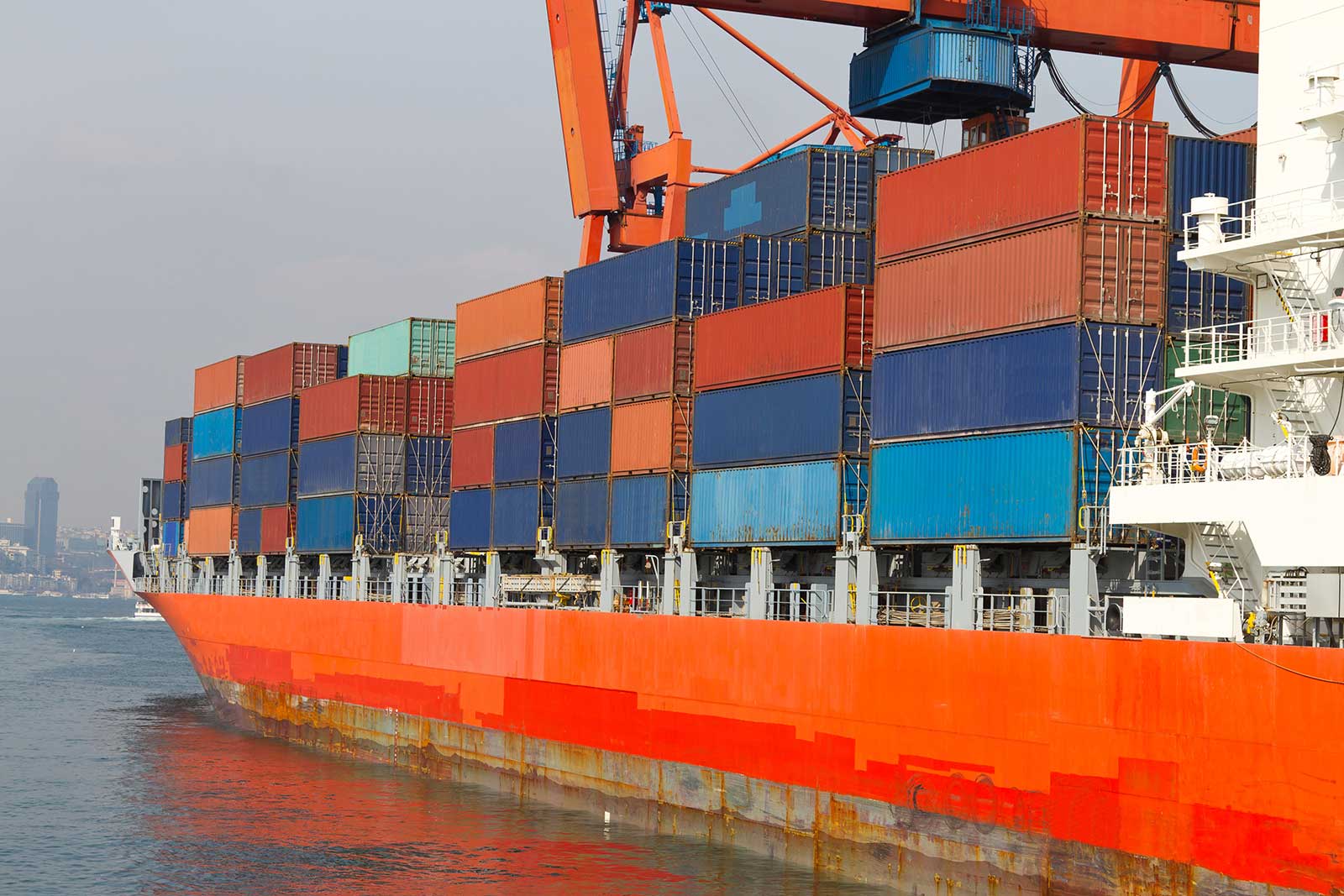

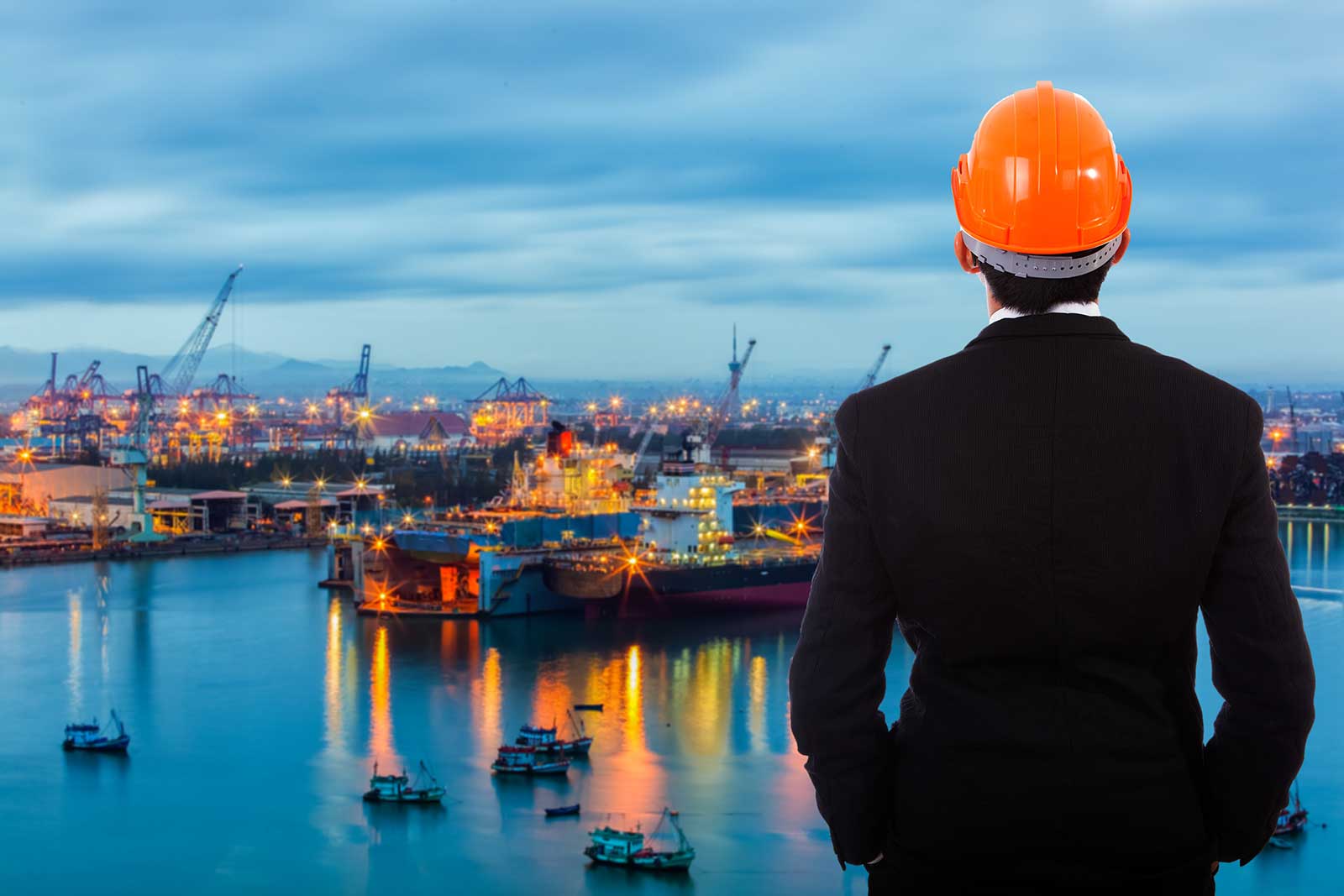
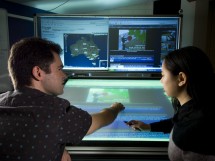
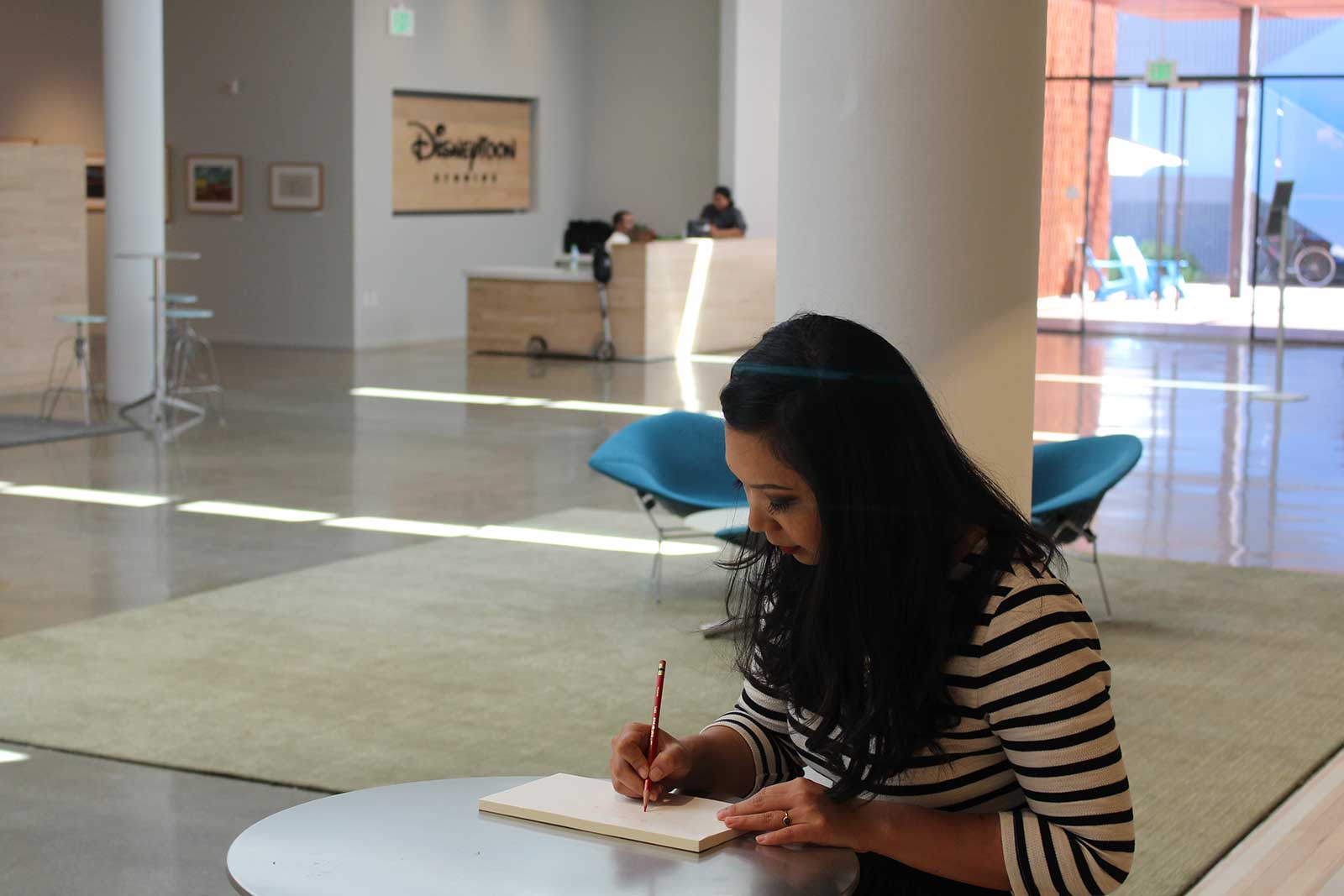




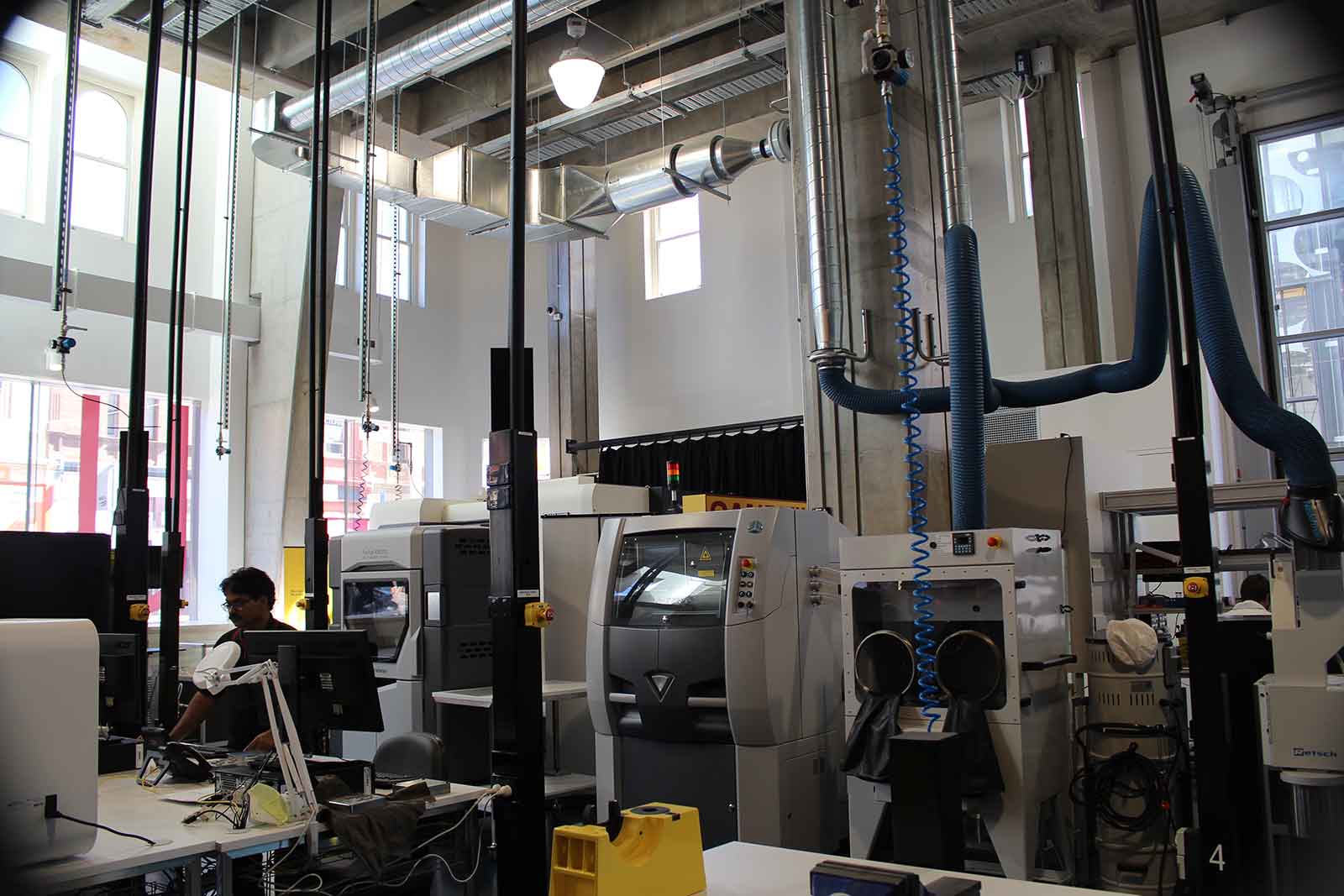


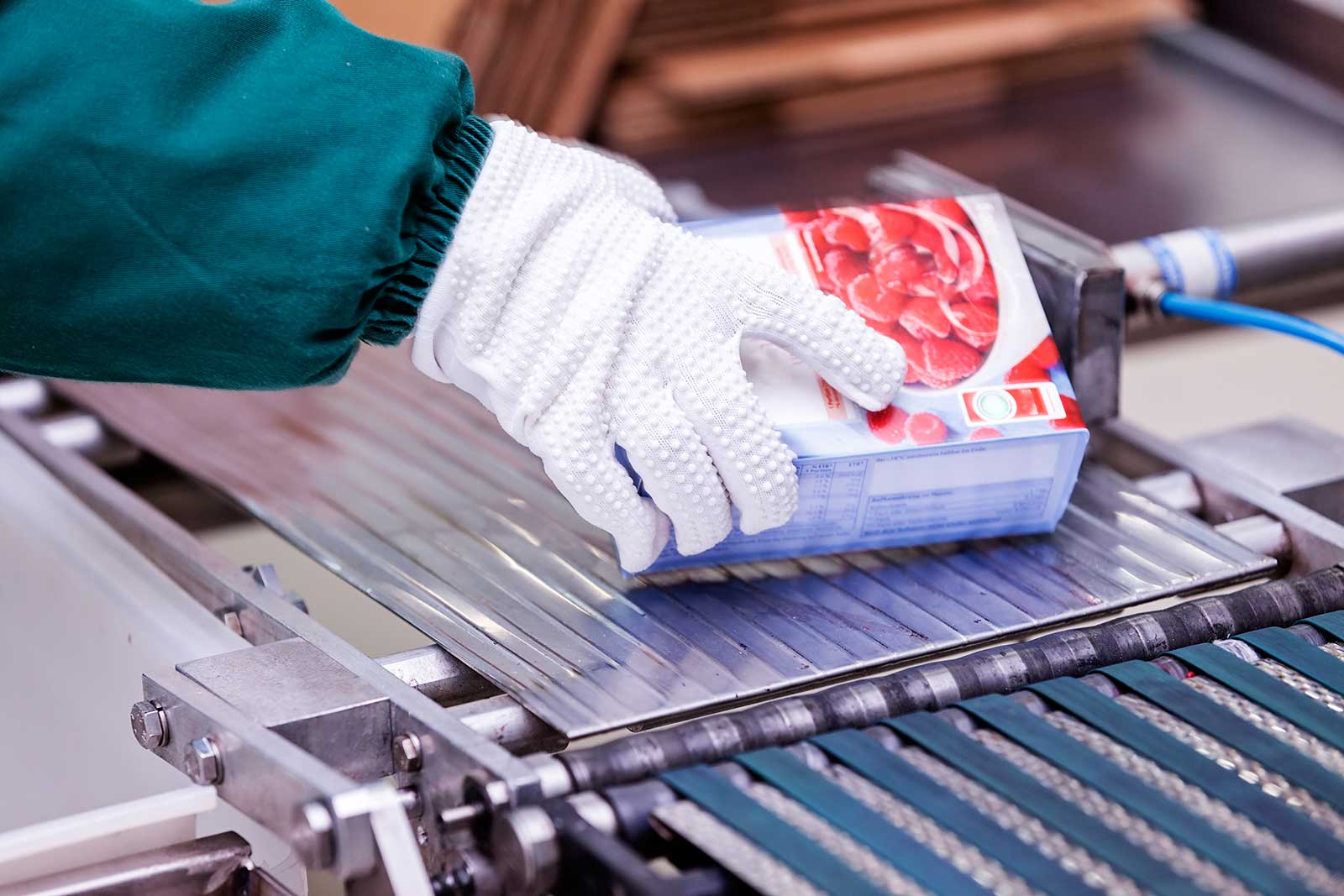




Add Comment